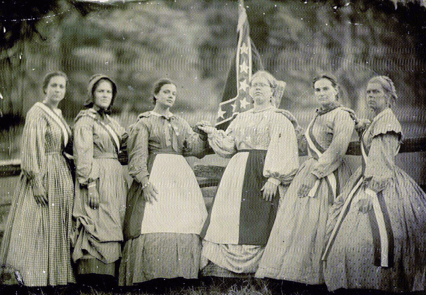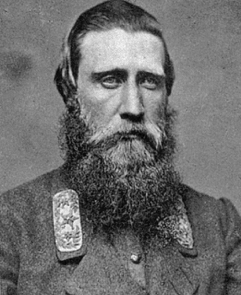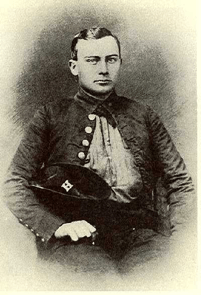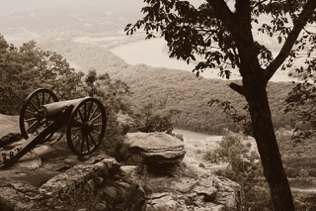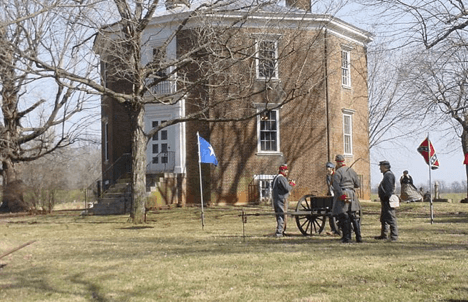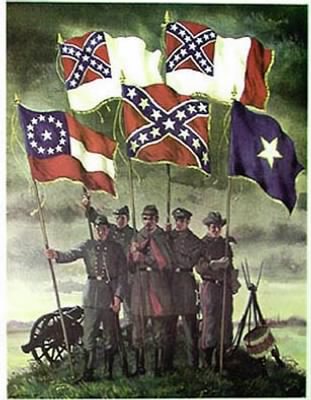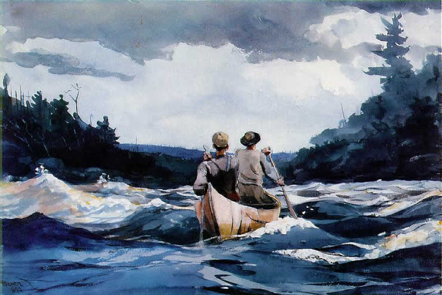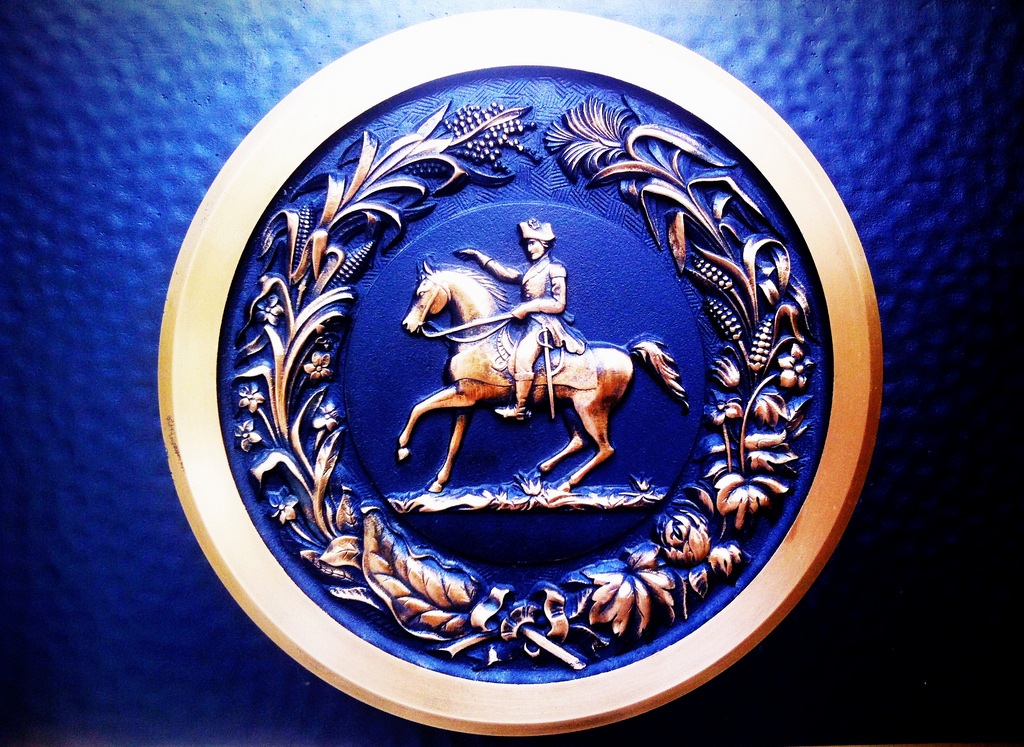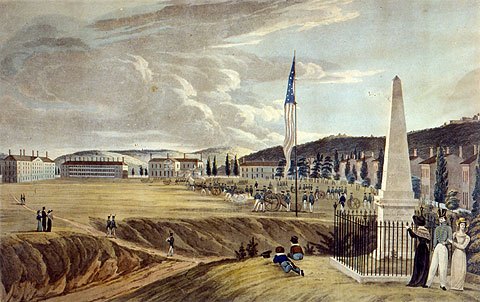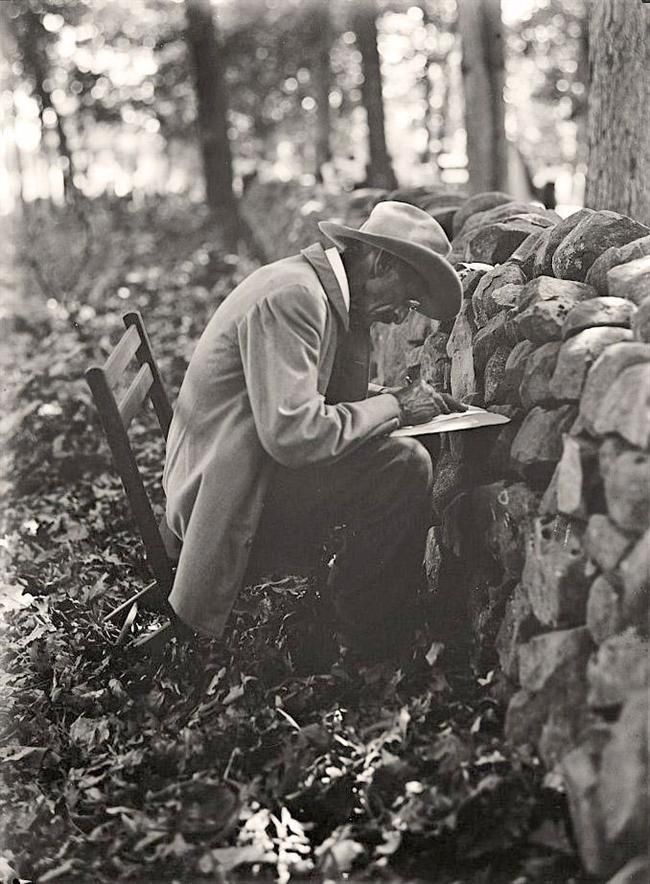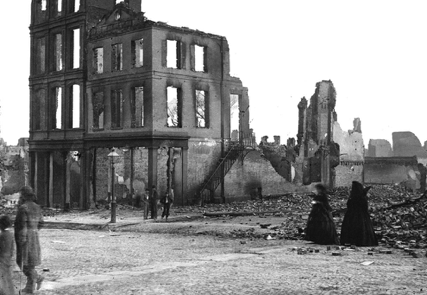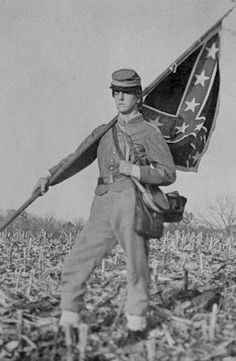
When a battle raged, Rebels and Yankees fought like the devil. But when things were quiet, they often got along rather well. Private Sam Watkins had recently been in the thick of battle at Chickamauga – only Gettysburg saw more casualties. It was Sunday and Sam and his buddies were relieving a guard detail on the Tennessee River. There was a Yankee outpost on the opposite riverbank. Sam tells us: “When we were approaching we heard the old guard and the Yankee picket talking back and forth across the river. The new guard immediately resumed the conversation. A Yankee hallooed out, “O, Johnny, Johnny, meet me half way in the river on the island.” Sergeant John Tucker swam out to meet the Yankee, taking the Chattanooga Rebel and some other Southern newspapers with him.
Sam explains, “They got very friendly, and John invited him to come clear across to our side, which invitation he accepted…. Well, they came across and we swapped a few lies, canteens and tobacco, and then the Yankee went back.” Sam tells about another event just a few weeks later: “Theodore Sloan, Hog Johnson and I were standing picket at the little stream that runs along at the foot of Lookout Mountain. We heard a Yankee call, “O, Johnny, Johnny Reb! “I started out to meet him when he hallooed out, “Go back, Johnny, go back; we are ordered to fire on you.” “What is the matter? Is your army going to advance on us?” “I don’t know; we are ordered to fire.” I jumped back into the picket post, and a minnie ball ruined the only hat I had.” But fair warning had been given, and Sam lived to tell the tale!
Thanks for reading. Please share our posts with your friends and family so they too can learn more about Southern Heritage and History.
Brought to you by: Ultimate Flags


